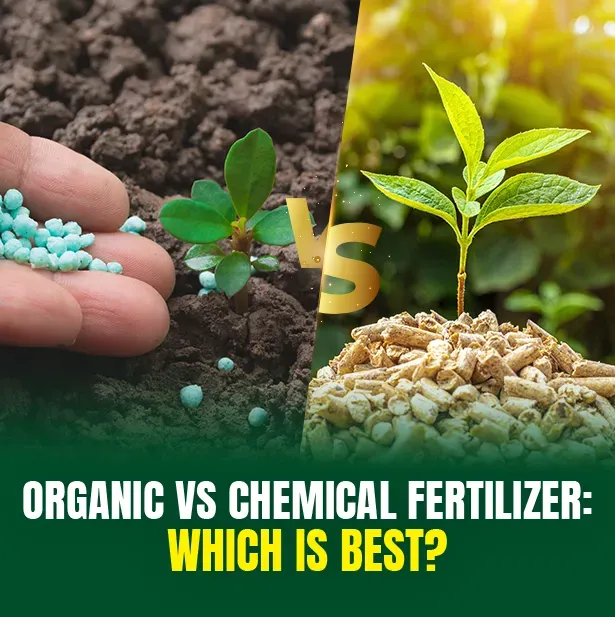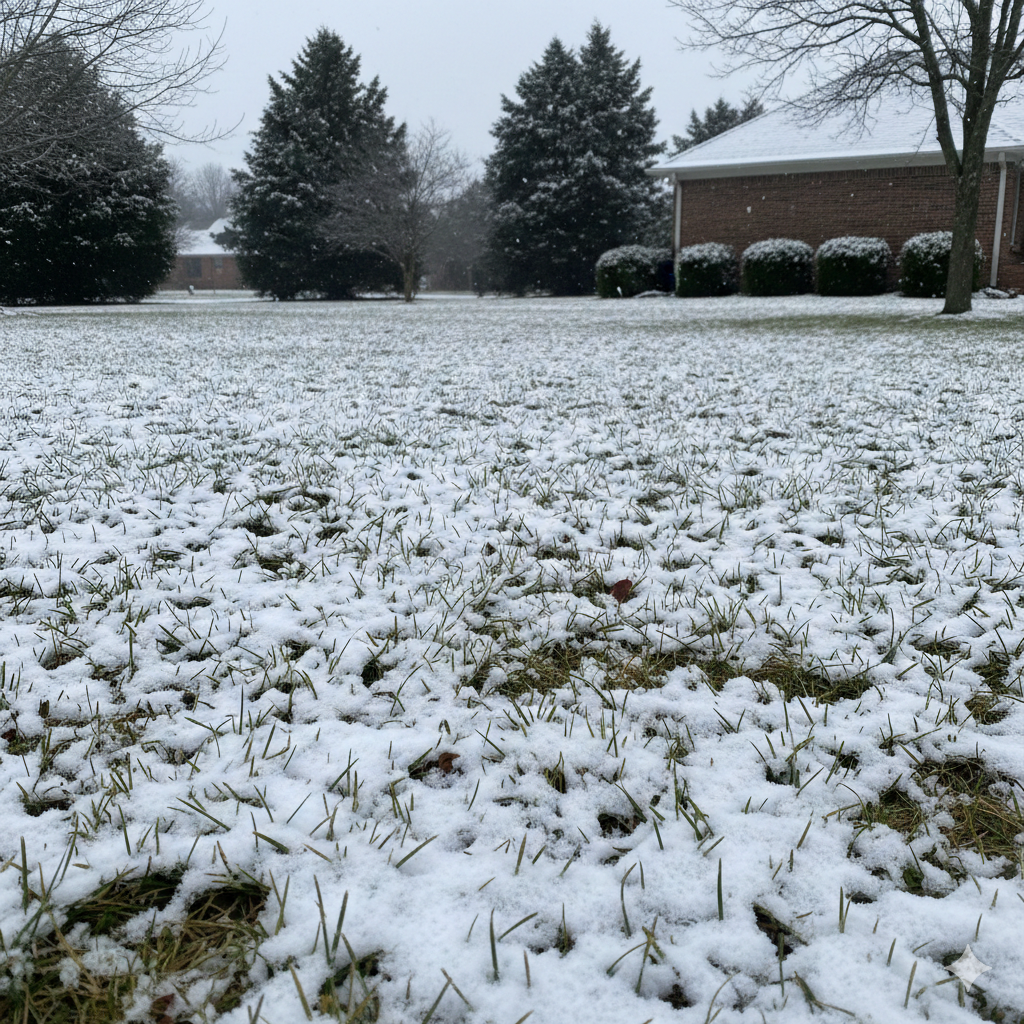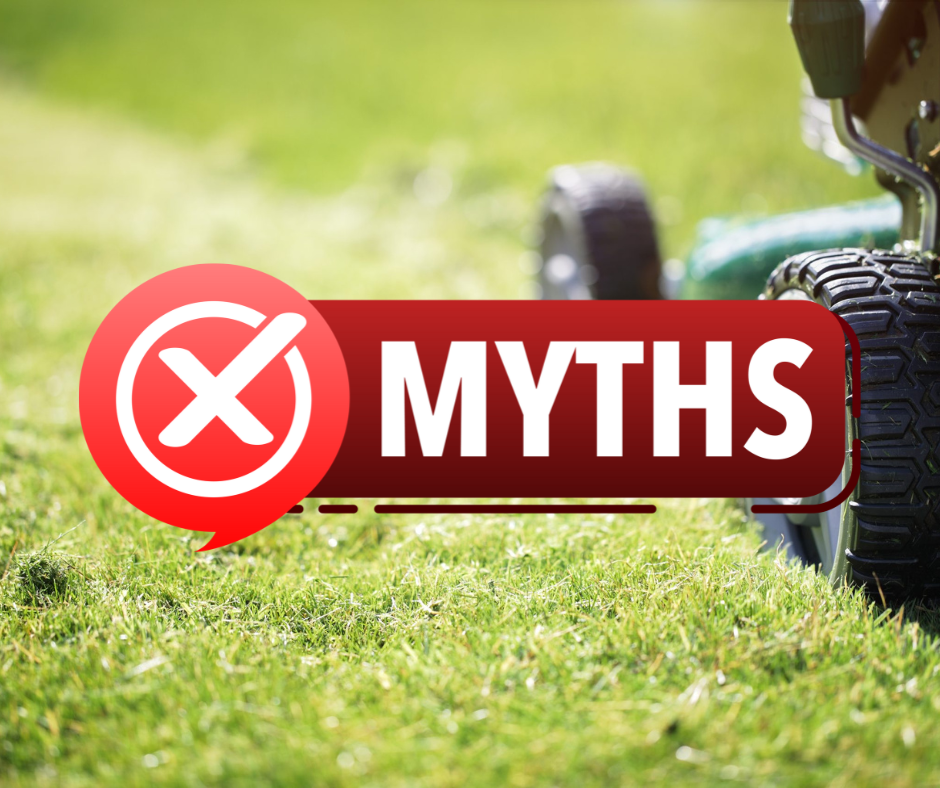The Ultimate Guide to Organic vs. Chemical Fertilizers: Which One is Best for Your Lawn?
At Nature’s View Lawnscapes, we understand that a lush, green lawn is the pride of any homeowner. However, when it comes to feeding your grass, the choice between organic and chemical fertilizers can be overwhelming. Each option has its own benefits and drawbacks, and the best choice depends on your lawn’s specific needs. Let’s break down the key differences to help you make an informed decision!
What Are Organic Fertilizers?

Organic fertilizers are derived from natural sources, such as compost, manure, bone meal, and plant-based materials. These fertilizers release nutrients slowly, enriching the soil with organic matter and fostering long-term lawn health.
Benefits of Organic Fertilizers:
- Soil Health Improvement – Organic fertilizers enhance soil structure, promoting better aeration and moisture retention.
- Eco-Friendly – Since they come from natural sources, organic fertilizers are environmentally friendly and reduce chemical runoff.
- Long-Lasting Effects – Unlike chemical fertilizers, organics continue to nourish the soil long after application.
- Safe for Kids and Pets – Organic fertilizers do not contain synthetic chemicals, making them safer for children and pets playing on your lawn.
Drawbacks of Organic Fertilizers:
- Slower Results – Because they break down naturally, organic fertilizers take longer to show visible improvements.
- Higher Cost – Organic options can be more expensive and less readily available compared to chemical fertilizers.
- Inconsistent Nutrient Content – The nutrient ratio in organic fertilizers may vary, making precise application more challenging.
What Are Chemical Fertilizers?
Chemical fertilizers are synthetic products formulated to provide an immediate boost of essential nutrients to your lawn. These fertilizers are designed for rapid absorption, ensuring quick results.
Benefits of Chemical Fertilizers:
- Fast Results – Chemical fertilizers supply readily available nutrients, leading to immediate greening and growth.
- Precise Formulation – They contain exact nutrient ratios (such as nitrogen, phosphorus, and potassium) to target specific lawn needs.
- Cost-Effective – Chemical fertilizers are typically more affordable and widely available in stores.
Drawbacks of Chemical Fertilizers:
- Soil Degradation – Long-term use can lead to nutrient imbalances, reducing soil fertility over time.
- Environmental Impact – Chemical runoff can contribute to water pollution, harming local ecosystems.
- Potential Lawn Burn – Overapplication can cause chemical burns, damaging grass instead of helping it.
- Short-Lived Effects – While they provide a quick boost, chemical fertilizers do not contribute to long-term soil health.
Which Fertilizer Is Best for Your Lawn?
The right choice depends on your lawn care goals. If you are looking for immediate results and precise nutrient control, chemical fertilizers may be the way to go. However, if you want to invest in long-term soil health and sustainability, organic fertilizers are the better option.
A Balanced Approach
For many homeowners, the best strategy is to combine both organic and chemical fertilizers. This hybrid approach allows for the immediate benefits of chemical fertilizers while improving soil structure with organic matter over time.
At Nature’s View Lawnscapes, we specialize in creating customized lawn care plans that cater to your specific needs. Whether you prefer organic solutions or a balanced mix, our experts are here to help!
Call us today at 864-416-5119 to schedule a consultation and give your lawn the best care possible!











